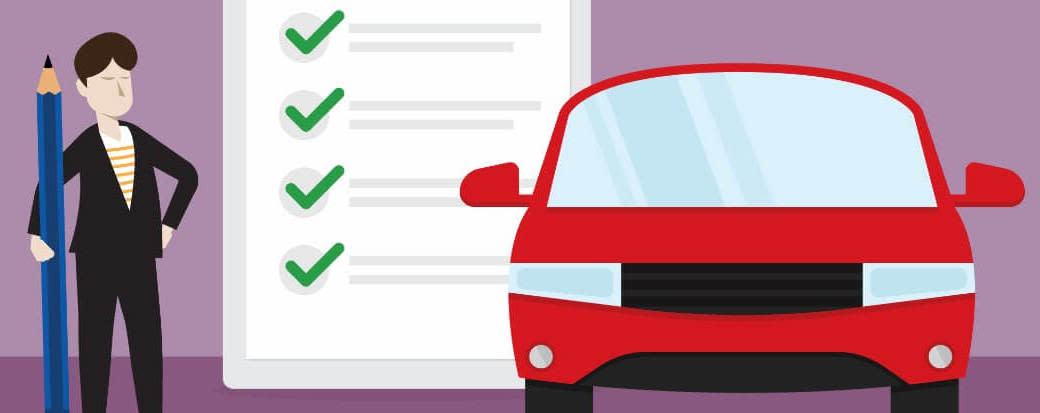What Questions Should You Ask When Refinancing a Car Loan?

Share this article:
Editor’s note: Lantern by SoFi seeks to provide content that is objective, independent and accurate. Writers are separate from our business operation and do not receive direct compensation from advertisers or partners. Read more about our Editorial Guidelines and How We Make Money.
1. Do I Qualify for Car Loan Refinancing?
2. Will Refinancing Impact My Credit Score?
3. Is Cash-Out Auto Refinancing Worth It?
4. What Will My New Payment Be?
5. What Will My New Interest Rate Be?
6. How Long Will My New Loan Term Be?
7. How Soon Can I Refinance a Car Loan?
8. What Fees Are Associated With Auto Refinancing?
Prepayment penalties. Your existing lender might have prepayment fees. This is a penalty for paying off your loan early. Many lenders don’t charge these, but if yours does, calculate whether those fees will cost you more than you’d save with a new loan. Application fees. Your new lender might charge you an application fee for filing the papers. Don’t be shy about asking the lender to waive the application fee. After all, it’s the honeymoon stage, so it might be generous. Transaction fees. There could also be a “transaction” fee, administrative fee, or processing fee charged when you terminate your loan.
9. What Should I Be Aware of in the Fine Print?
The Takeaway
Frequently Asked Questions
Photo credit: iStock/tommy
LNTALR-Q125-024
About the Author
Sheryl Nance-Nash is a freelance writer specializing in personal finance, business, and travel. Her work has appeared in Money Magazine, Newsday, The New York Times, Business Insider, BBC.com, AARP the Magazine, ABCNews.com, Forbes.com, among others.
Share this article: